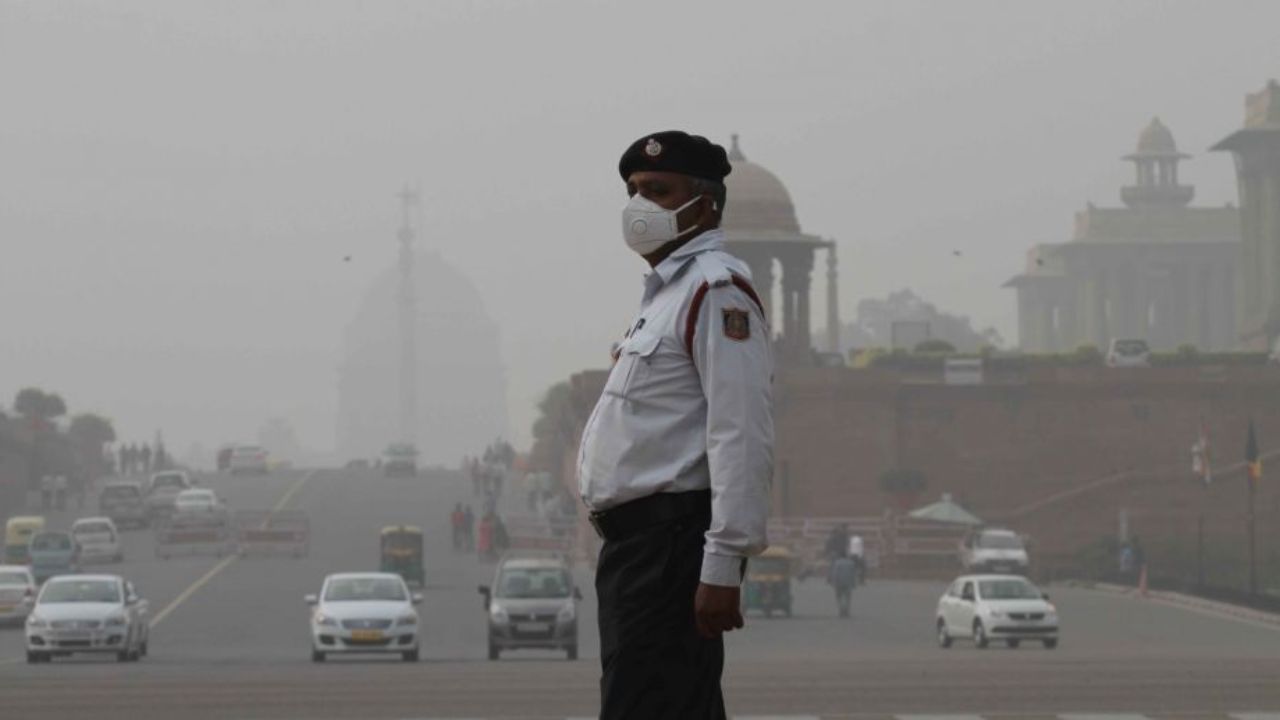What Happens to the Body in Humid Conditions, Especially for Athletes Like Avinash Sable
Avinash Sable has made history as the first Indian athlete to qualify for the 3000m steeplechase final, securing a fifth-place finish in his heat event. Remarkably, Sable achieved this in extreme heat conditions. In an

Avinash Sable has made history as the first Indian athlete to qualify for the 3000m steeplechase final, securing a fifth-place finish in his heat event. Remarkably, Sable achieved this in extreme heat conditions. In an interview shared by Olympic Khel, Sable explained his strategy: “When I entered the race, my main goal was to finish in the top 5. I also aimed to conserve as much energy as possible due to the humidity. My plan was to take the lead early to avoid having to chase at the end.”
Given these conditions, we consulted experts to understand how humidity affects the body, especially for athletes.
Dr. Haricharan G, senior consultant physician and Head of Internal Medicine at Gleneagles Hospitals, Hyderabad, noted that humid conditions pose significant challenges for temperature regulation during intense athletic activities like the steeplechase.
“Humidity interferes with the evaporation of sweat, which is the body’s primary cooling mechanism. This retention of heat increases the risk of overheating,” Dr. Haricharan explained.
In high humidity, the body’s core temperature rises more rapidly. Dr. Haricharan highlighted that this can lead to heat-related illnesses such as heat exhaustion and heat stroke, with symptoms including dizziness, nausea, rapid heartbeat, and confusion. “It is crucial to stay hydrated because excessive sweating can cause dehydration and electrolyte imbalances, which impair physical performance and recovery,” he added.
The cardiovascular system also experiences increased strain in humid conditions. Dr. Haricharan described how the heart has to work harder to pump blood to the skin’s surface to release heat. “This added effort can reduce the body’s efficiency in delivering oxygen to the muscles, potentially leading to quicker fatigue and decreased athletic performance,” he said.
To mitigate these effects, Dr. Haricharan advised athletes to prioritize hydration, gradually acclimate to humid conditions, and take breaks in shaded or cooler areas. “Wearing lightweight, breathable clothing can also aid in sweat evaporation and cooling. Monitoring for signs of heat-related stress is essential to ensure safety during intense activities in humid environments,” he recommended.




